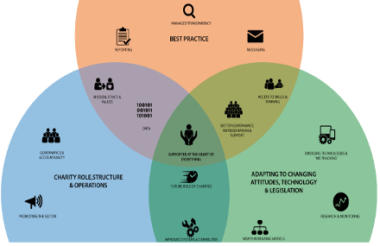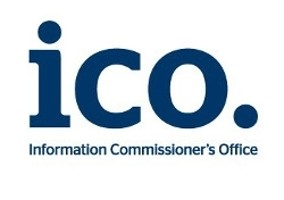The Direct Marketing Association has today published a white paper setting out the recommendations of its fundraising taskforce, which says fundraisers must recognise the primacy of donors in "the charity process".
The white paper called An Ideal Future for One-to-One Fundraising calls for fundraising charities to “recognise that donors are the most important people in the entire charity process” and says that the key to successful fundraising is “to ensure supporters are at the heart of all fundraising efforts”.
The DMA’s workforce has set out 15 ‘fundraising goals’ that it has called on the sector to aspire to.
Key recommendations
- Work together towards fundraising and marketing activity that is driven by a lifetime single customer view.
- Be open and accountable about where the money you raise comes from and is ultimately spent.
- Ensure that supporters only receive relevant, timely, appropriate and coordinated messages from charities.
- Create a culture of rigorous reporting across the industry based on scrutiny, understanding and trust.
- Create a culture of learning and ensure easy access to appropriate training for all fundraising and marketing staff.
- Continue to set strong guidance and governing principles in collaboration with industry groups, negating the need for direct government regulation.
- See your supporter data as your charity’s most valuable asset.
- Promote the good that charities do every day, week and month of the year, both individually and collectively.
- Run your charity effectively, nimbly and with a unified strategic vision across all functions.
- Develop new CRM systems and other utilities specifically for voluntary sector organisations to fit the unique needs of these organisations and their supporters.
- Take this opportunity to turn the necessary evolution of the fundraising industry to truly change its role within society.
- Make sure your mission, ethics and values are all in line with supporters’ expectations of good practice, as well as the core purpose of the organisation.
- Learn to harness new supporter-driven fundraising models.
- Acknowledge that technology has fundamentally changed the way brands interact with customers, and that supporters are able to interact with a charity how, when, where and why they are motivated to do so.
- Adopt a consistent approach to how you follow public attitudes towards charities.
The DMA has also published an interactive graphic which sets out the key tenants of its whitepaper broken down into three areas: ‘Best Practice’; ‘Charity Role, Structure and Operations’ and ‘Adapting to Changing Attitudes, Technology and Legislation’.
Each of the key recommendations made in the whitepaper were “supported by key stakeholders” including Age UK, Barnardo’s, Comic Relief, Oxfam and the new Fundraising Regulator.
The document is a follow-up piece of work from another whitepaper published by the DMA in March 2016 which dealt with the “inadvertent but very real negative impact” that charity fundraising can have.
As part of its research for its new document, the DMA’s fundraising taskforce held a workshop with charities to gauge the sector’s response.
The DMA said that it doesn’t expect individual charities to “be able to achieve all the suggested aims of this model” but “by attempting to raise the bar, each charity will contribute to a more sustainable future for the whole sector”.
Melanie Howard, co-chair of the DMA fundraising taskforce, said: “Whether you’re a public private or voluntary sector business, the principle of putting your ‘customer’ first should be a founding principle.
“For the voluntary sector in particular, we must inspire each other to serve our supporters with fairness and respect. This will cultivate a long-term relationship that will benefit both the charity and the person we’re engaged with.”
Related articles












